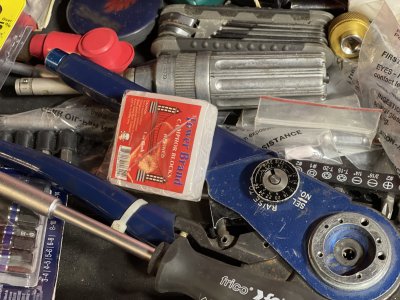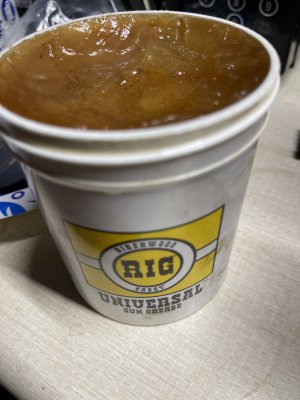- Joined
- Dec 27, 2021
- Messages
- 575
Yeah, good video, i actully watched it last night, thanks.I keep a ZeRust tab in the box, which I do for all of my storage needs and has served well in my basement shop, but I also have a dehumidifier.
Here is a helpful video from Mitutoyo, although they are showing ceramic blocks it has some good info including a recommendation for preparation prior to wringing:




